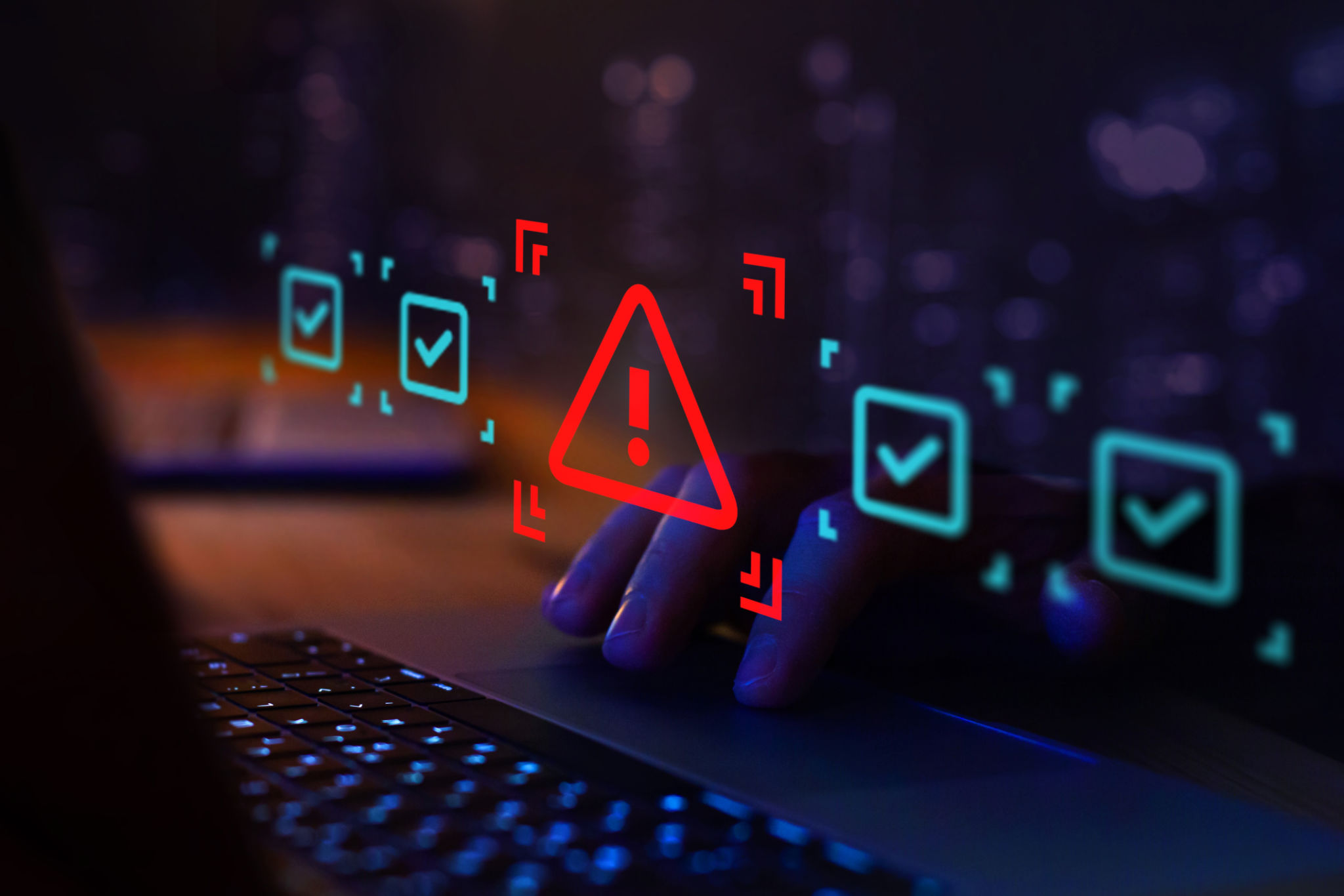Understanding CISA Certification: Why It Matters in Cybersecurity
What is CISA Certification?
The Certified Information Systems Auditor (CISA) certification is a globally recognized credential issued by ISACA, designed for professionals who audit, control, monitor, and assess information technology and business systems. It validates an individual's expertise in managing and securing IT systems and is considered a benchmark for professionals in the cybersecurity field.
The CISA certification is highly respected in the industry due to its rigorous requirements and comprehensive coverage of critical areas in information systems. It is tailored for IT auditors, audit managers, consultants, and security professionals who are responsible for ensuring the integrity of an organization's information systems.

Why is CISA Important in Cybersecurity?
In today's digital landscape, cybersecurity threats are more sophisticated than ever. Organizations need experts who can effectively assess vulnerabilities and implement robust security measures. This is where the CISA certification becomes vital, as it equips professionals with the necessary skills to safeguard sensitive data and ensure compliance with industry standards.
Professionals with CISA certification are trained to identify potential security risks, evaluate control designs, and implement strategic solutions. This not only enhances the organization's security posture but also builds trust with stakeholders, customers, and clients.

Core Areas Covered by CISA
The CISA certification covers five core domains which are critical to effective information systems auditing:
- Information System Auditing Process
- Governance and Management of IT
- Information Systems Acquisition, Development, and Implementation
- Information Systems Operations and Business Resilience
- Protection of Information Assets
Each domain focuses on different aspects of information systems security, providing a holistic understanding that prepares professionals to tackle various challenges encountered in the field.
The Benefits of Being CISA Certified
Obtaining a CISA certification offers numerous benefits for both individuals and organizations. For professionals, it enhances their credibility and career prospects by demonstrating their commitment to the field and their ability to perform high-level IT auditing tasks.
For organizations, employing CISA-certified professionals means they have individuals who are capable of effectively managing IT risks and ensuring compliance with various laws and regulations. This can lead to improved operational efficiency and reduced risk of data breaches.

How to Obtain CISA Certification
The journey to becoming CISA certified involves meeting specific educational and professional prerequisites, passing the CISA exam, and adhering to a code of professional ethics. Candidates are also required to complete continuing education to maintain their certification status.
The CISA exam is comprehensive, testing candidates on all five core areas. To succeed, aspirants must have a thorough understanding of information systems auditing principles and practices. It's recommended to undergo rigorous preparation through study guides, practice exams, and training courses.
The Future of CISA in Cybersecurity
As cybersecurity threats continue to evolve, the demand for skilled professionals will only increase. The CISA certification remains a pivotal credential for those looking to make a significant impact in the field. It ensures that professionals are not only equipped with current knowledge but are also adaptable to future challenges.
In conclusion, obtaining a CISA certification is a strategic move for anyone serious about advancing their career in cybersecurity. As organizations prioritize security, the value of having certified professionals on their team cannot be overstated.